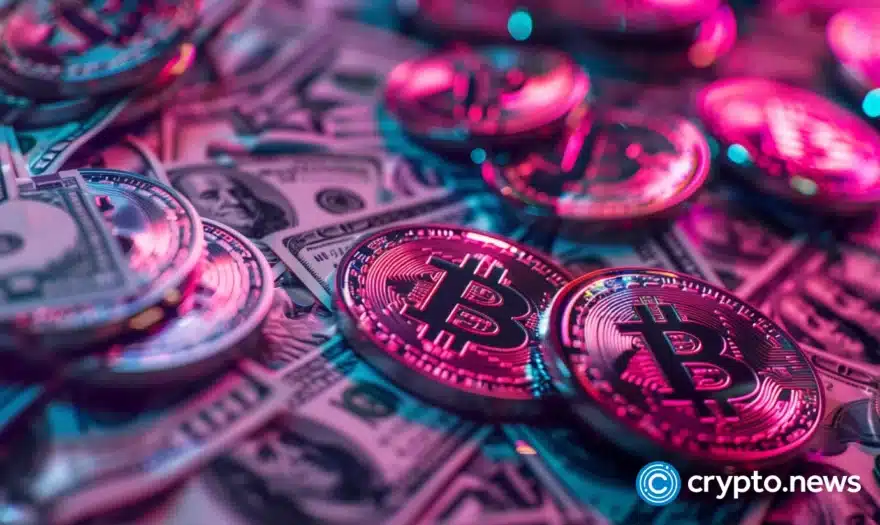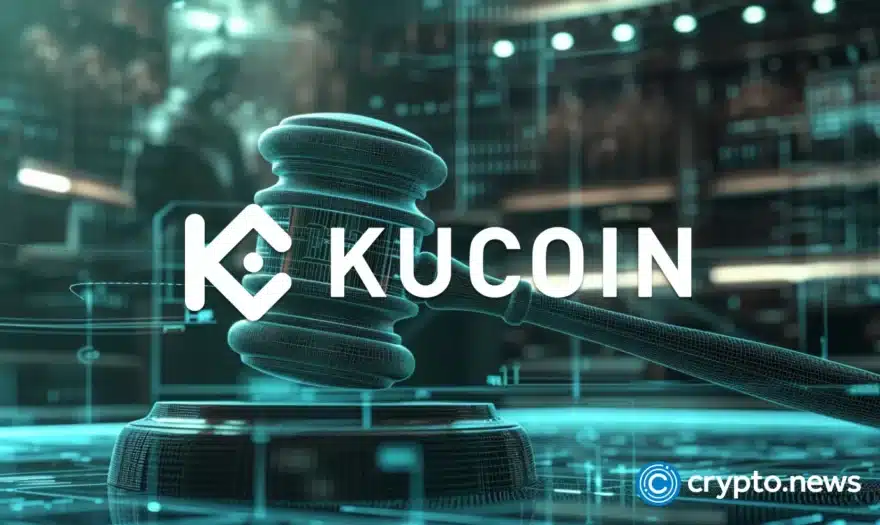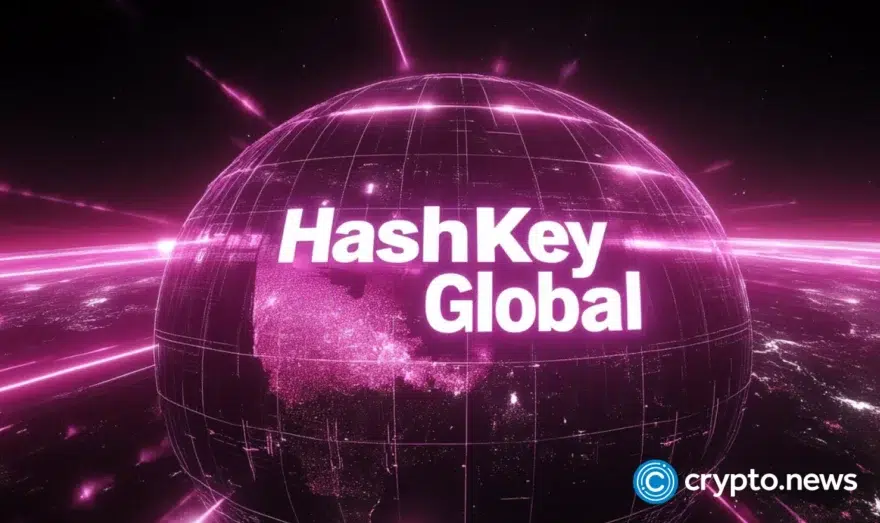Beijing supports Hong Kong crypto ambitions

The news that Hong Kong may soon let retail players trade significant cryptocurrencies like bitcoin and ethereum was first reported on Feb. 20.
Amid the changes, it is now being reported that Beijing supports the expansion. Speculation has it that mainland Chinese officials often visit Hong Kong to keep up with crypto developments.
This comes after Huobi, a cryptocurrency exchange, made the decision to apply for a license to open a Hong Kong branch of the company a few hours later.
Is China’s renewed support for crypto becoming evident?
Concerns have been raised over whether or not China is covertly supporting Hong Kong’s efforts to reassume its position as Asia’s crypto powerhouse. However, during the last several months, officials from China’s Liaison Office have regularly appeared at crypto events in Hong Kong.
According to Bloomberg, sources who know the situation said the authorities have been monitoring the status, requesting updates, and following up with calls. Hong Kong crypto entrepreneurs argue that the presence of Chinese leaders is putting to rest any concerns about Beijing’s commitment to turning Hong Kong become a global crypto powerhouse.
China wants to preserve Hong Kong’s status as a regulatory sandbox for cryptocurrencies while maintaining strict prohibitions on the mainland. However, after a significant crackdown in 2021, mainland and international corporations anticipate a return to Hong Kong.
Representative Nick Chan of the National People’s Congress asserted that according to the principle of “One Nation, Two Systems,” Hong Kong may pursue its interests without violating the “bottom line” or posing a danger to China’s economic stability.
The China crypto adoption dilemma
Recent developments in Hong Kong’s crypto industry have countered those seen elsewhere. Laws in advanced economies like Singapore and the United States have become more stringent.
Yet some, like Huobi’s Justin Sun, are still plotting a comeback.
As of now, there is yet to be concrete evidence that mainland China would lift its crypto prohibition. However, according to the sources, the mainland delegates are presenting their findings in Hong Kong to the highest authorities in China.
Seventy percent of web3 startups that joined Hong Kong’s accelerator program G-Rocket were founded by people of Chinese ancestry living outside of China, according to Duncan Chiu, a politician in Hong Kong who represents the technology sector.
The new licensing framework for digital assets in Hong Kong is expected to go into force in June.















